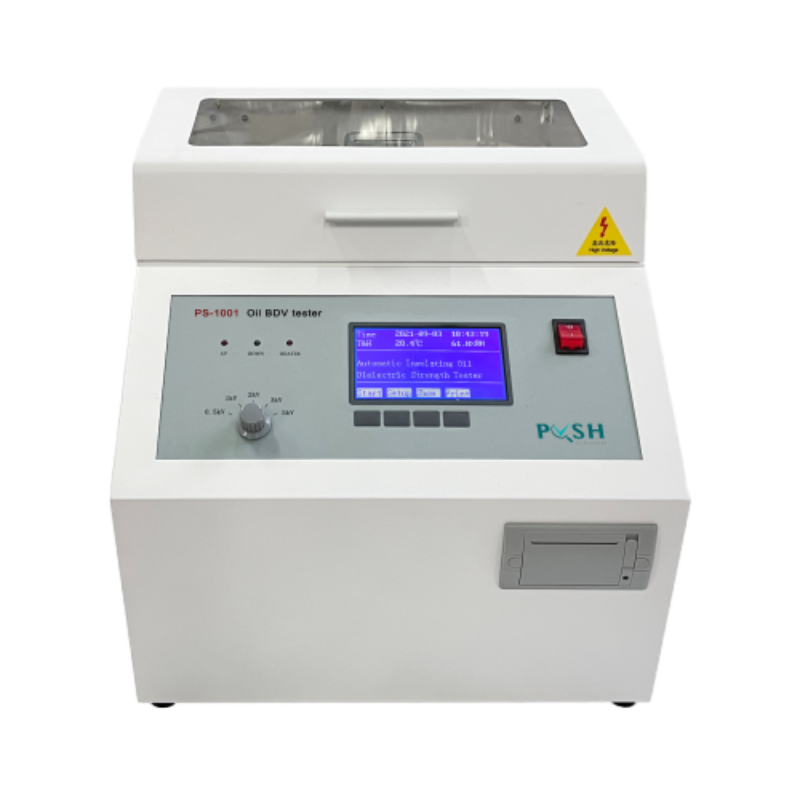 English
English


Pensky Martens Flash Point Tester - Reliable & Accurate
Understanding the Flash Point Tester Pensky-Martens Method
Flash point testing is an essential process in determining the flammability of liquids, which is crucial for safety in various industries such as petroleum, chemicals, and pharmaceuticals. One of the most widely accepted methods for determining the flash point of a liquid is the Pensky-Martens flash point tester. This testing apparatus is renowned for its reliability and accuracy, making it an industry standard.
Understanding the Flash Point Tester Pensky-Martens Method
The device consists of a sample cup, a heating system, and a mechanism to introduce an ignition source. During the test, a specified quantity of the liquid is placed in the cup and heated at a controlled rate. A small flame is periodically applied above the sample to determine the temperature at which a distinct flash is observed. This flash indicates that the vapor concentration has reached a level sufficient for combustion.
flash point tester pensky martens

One of the advantages of the Pensky-Martens tester over other methods, such as the Cleveland Open Cup test, is its closed system design. By using a lid and a specific vapor space above the liquid, the Pensky-Martens method reduces the risk of external influences, providing a more controlled testing environment. This allows for more accurate readings, particularly important for volatile or sensitive liquids.
The results of the flash point test are particularly important for regulatory compliance and safety protocols. Different industries have specific flash point requirements that dictate how liquids should be handled. For example, fuels, solvents, and chemicals often have stringent flash point thresholds to prevent accidents in storage or transportation. Moreover, understanding the flash point of a substance aids manufacturers in establishing proper guidelines for the safe use of their products.
In terms of applications, flash point testers like the Pensky-Martens apparatus are indispensable in laboratories and quality control settings. They are frequently employed when evaluating new materials or verifying compliance with safety standards. Additionally, as industries evolve and new chemicals emerge, the importance of accurate flash point determination remains a cornerstone of fire safety and hazard management.
In summary, the Pensky-Martens flash point tester is a critical tool in the assessment of liquid flammability. Its design and methodology provide reliable results that help industries adhere to safety regulations and ensure the protection of both people and property. As safety standards continue to evolve, the Pensky-Martens test will remain a vital component of chemical safety management.
-
Differences between open cup flash point tester and closed cup flash point testerNewsOct.31,2024
-
The Reliable Load Tap ChangerNewsOct.23,2024
-
The Essential Guide to Hipot TestersNewsOct.23,2024
-
The Digital Insulation TesterNewsOct.23,2024
-
The Best Earth Loop Impedance Tester for SaleNewsOct.23,2024
-
Tan Delta Tester--The Essential Tool for Electrical Insulation TestingNewsOct.23,2024





